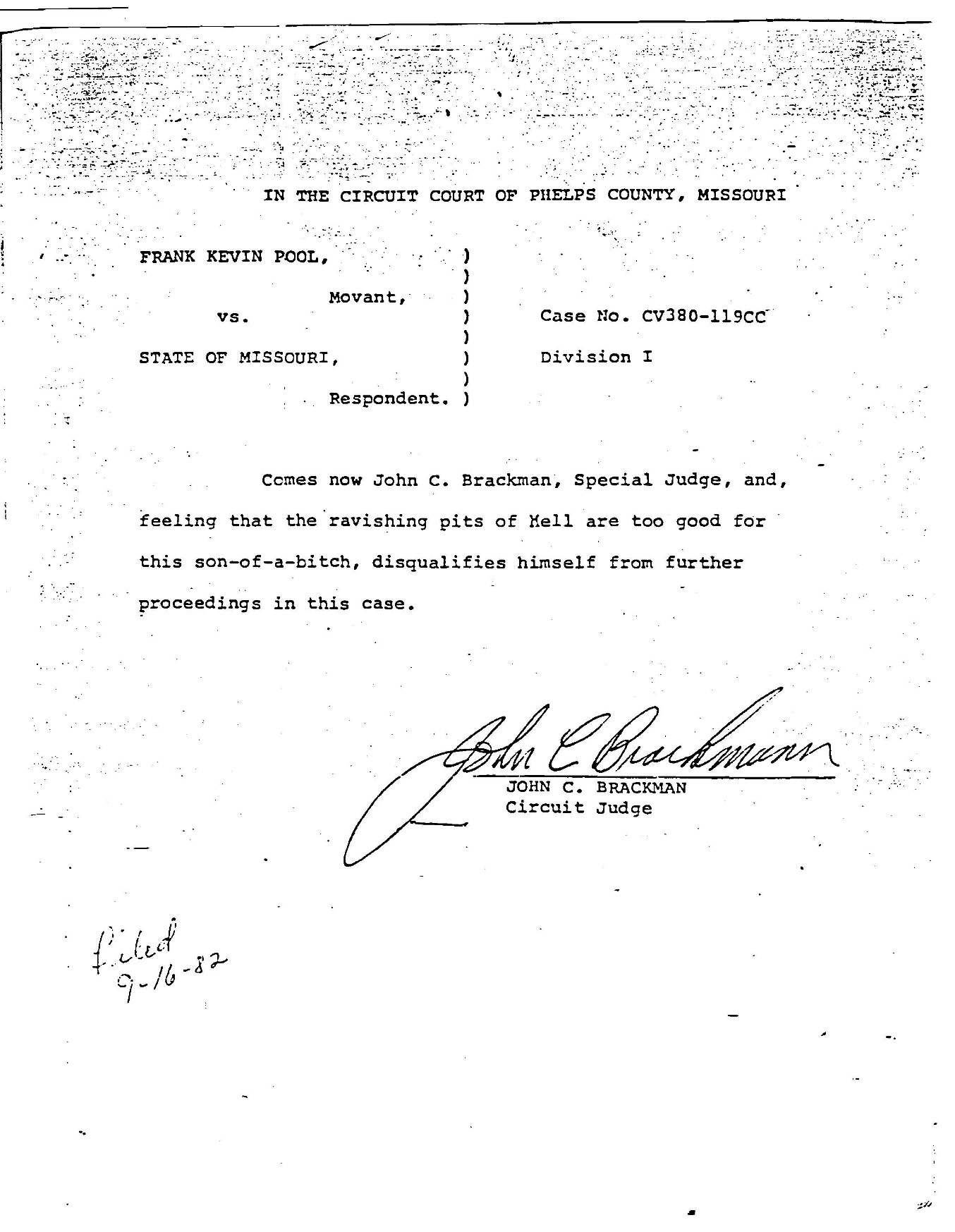Against all odds: How marijuana was legalized in Denver
If your quest were to convince the people of your city to legalize a highly demonized drug which was entirely safe, how would you run your campaign? At the recently concluded True Spin Conference in Denver, I had the opportunity to listen to an animated yet highly focused Mason Tvert describing for the audience how he and his small and not-well-funded organization (“SAFER”) convinced the people of Denver to legalize marijuana in 2005, with 51% of the people voting in favor. He also spearheaded a 2006 campaign to legalize marijuana throughout Colorado. Although that latter measure failed, an astounding 41% of the people of Colorado voted in favor. In case you’re thinking that I’m promoting the use of marijuana, I am not, but neither would I attempt to prohibit any other adult from using it. I’ve never used marijuana (even though I once worked as a musician and the opportunities were ubiquitous. Millions of gainfully employed and otherwise law abiding people do like to use marijuana, but they are paying dearly for their attempts to feel good and seek stress relief. I am for the legalization of marijuana because that our country arrests more than 750,000 people each year for possessing or using an extremely safe drug that successfully makes people feel good. This destructive and expensive waste of government law enforcement is absolutely shameful. The number of people arrested each year is more than the entire population of South Dakota. and these users include many people you know and respect. There is rank hypocrisy in the air, given that marijuana inexpensively offers the harmless escape that most of us seek much of the time (in one way or another), without any serious side effects and without the expense of many other methods of escape. If there were no such thing as marijuana, when it was finally invented by a pharmaceutical company, we would hail it as a miracle drug (Big Pharma wouldn’t need to lie about its efficacy or safety, as it does for many other drugs). Governments would allow it to be sold at drugs stores and they would happily tax it.

